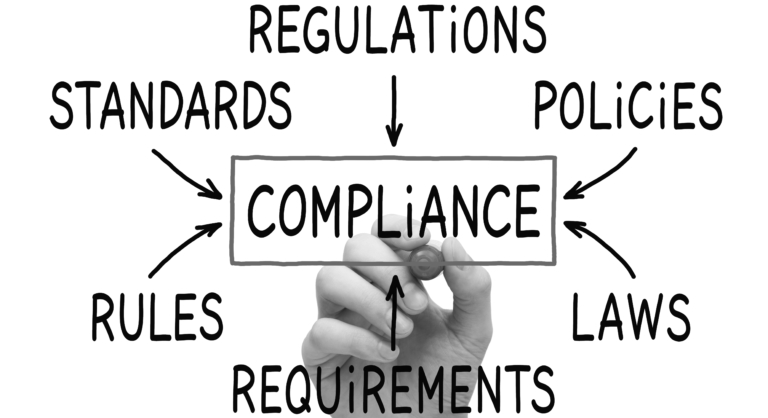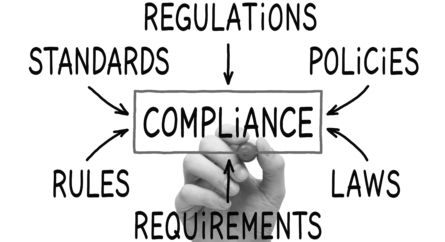Recent Federal Cases Provide Some Guidance for Title IX Compliance in Massachusetts
This academic year, a trio of decisions by federal courts in Massachusetts have provided guidance to administrators laboring to comply with Title IX and its sexual harassment regulations. As we head into the summer and schools consider revising their policies or practices to address discrimination and harassment, it is important to understand how the courts have limited the ways that institutions can operate when it comes to Title IX.
In Doe v. Stonehill College, which issued in December 2022, the First Circuit ruled in a Title IX matter, that the respondent’s allegation that Stonehill failed to follow its own procedures related to reviewing evidence and notifying him of witness interviews, as well as Stonehill’s failure to conduct a complete, thorough and impartial investigation, gave rise to a plausible claim for breach of contract. The court agreed with the respondent that investigators failed adequately to probe the complainant’s account, or to assess the plausibility of respondent’s account. The court took issue with what it characterized as the investigators’ failure to “weigh[] competing evidence” or to explain sufficiently their rationale for credibility determinations and findings. The court also noted that administrators who were tasked with conducting an “independent review” of the investigators’ findings provided only brief, conclusory communications related to that review, and permitted the inference that the administrators did not make an independent judgment, but instead blindly adopted the investigators’ findings.
In addition, on breach of contract claims based on Stonehill’s policies, the court also allowed a breach of contract claim to proceed based on Massachusetts law that school disciplinary proceedings – even for private institutions – must be conducted with basic fairness, and noted that the contours of “basic fairness” have not been clearly defined by precedent. The court wrote, “Whatever else the requirement of ‘basic fairness’ means, we cannot reconcile plausible allegations of prejudicial investigative flaws with Stonehill’s commitment to provide a ‘fair’ process.”
In Doe v. Brandeis University, a district of Massachusetts decision that issued in February 2023, the court denied summary judgment on a breach of contract claim based on Brandeis’ sexual misconduct policy. The court allowed the student’s claim to proceed based on the theory that Brandeis’ Title IX Coordinator violated its policy by guiding and communicating with the investigator throughout the investigation, editing both the investigative report and the decision of a disciplinary panel before they were sent to the parties, and by communicating with administrators tasked with determining sanctions. The court held that because the policy did not explicitly state that the Title IX Coordinator would involve herself in the procedures in this matter, there was a triable issue of fact as to whether she was permitted to do so. The court also noted that the policy did not preclude the Title IX Coordinator from engaging in the type of oversight of the Title IX process that occurred in this matter, and that it was possible that such activities were within the scope of a Title IX Coordinator’s duties. Citing the Stonehill case, the court in Brandeis also allowed the case to proceed under the theory of a breach of basic fairness.
In Doe v. Town of North Andover, a district of Massachusetts judge ruled that damages for emotional distress are not available for Title IX claims. This follows the U.S. Supreme Court’s decision in Cummings v. Premier Rehab Keller, P.L.L.C., which held that emotional distress damages are not available under the Rehabilitation Act or Affordable Care Act, both of which, like Title IX, are statutes enacted pursuant to the Constitution’s Spending Clause. Because emotional distress damages generally are not available for breach of contract claims either, this means that most Title IX plaintiffs will not be able to recover such damages, although they can recover other monetary damages.
Taken together, these decisions present a challenge for Title IX administrators. On the one hand, the Stonehill decision makes clear that courts in the First Circuit will not hesitate to scrutinize a school’s investigation and disciplinary process and will expect schools to “show their work” by documenting credibility analyses and detailed findings. At the same time, the Court in Brandeis cautions against a Title IX Coordinator involving themselves in the investigations and disciplinary proceedings that the regulations task them with overseeing – and may appear to limit the ability of a Title IX Coordinator to supervise an internal investigator, which can be problematic given the reporting structure of many Title IX offices. The small silver lining from the North Andover case is that when schools are liable for failing to meet these complex and competing requirements, the damages that a party can collect are limited.
Client Tip
Bowditch attorneys can assist you in reviewing your policies to make sure that they conform to your practices and allow the Title IX Coordinator to engage in full oversight of the Title IX process.
Categorized: Sexual Misconduct, Title IX
Tagged In: breach of contract, sexual harassment, sexual misconduct policy, Title IX coordinator, Title IX policies













